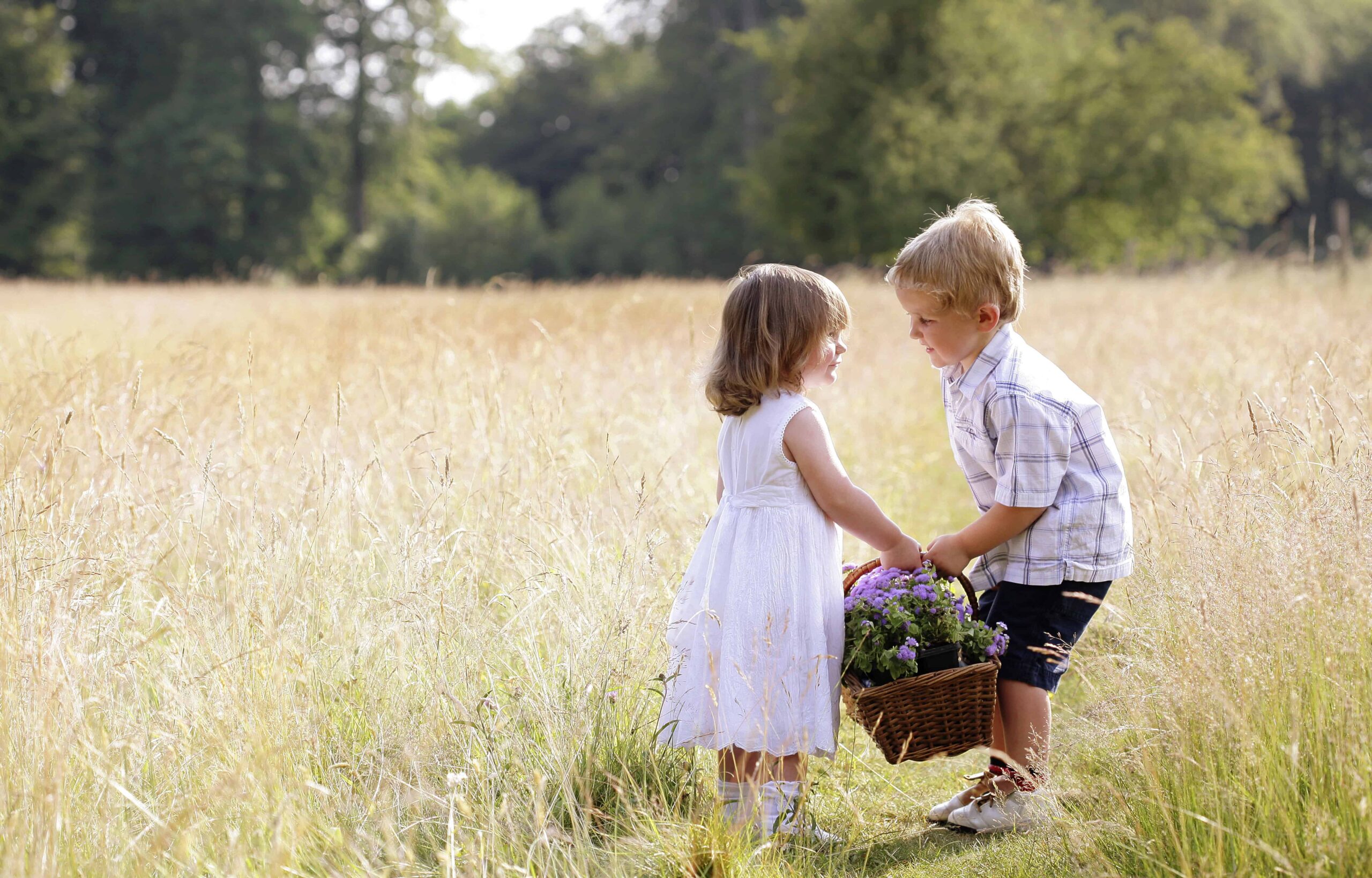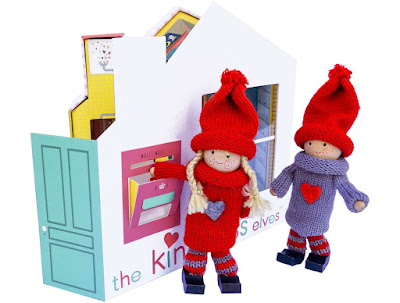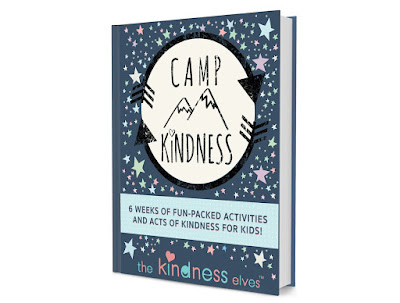[ad_1]
Sneak peek: Nurturing emotional intelligence for youths is a aim for many mother and father. Analysis helps us discover methods to mannequin and foster kindness in our kids
Emotional intelligence for youths has turn out to be a well-liked time period lately, however what does it actually imply? I believe most of us need to increase a form little one who cares for and will get alongside properly with others. I believe that is most likely a aim for all of us once we think about our kids’s social-emotional growth. By some means within the day-to-day routine of life, typically the kindness a part of parenting will get misplaced.
“Hurry, put your footwear on, we now have to go!” we prod
“Don’t yell at me!” we (sarcastically) yell at our youngsters
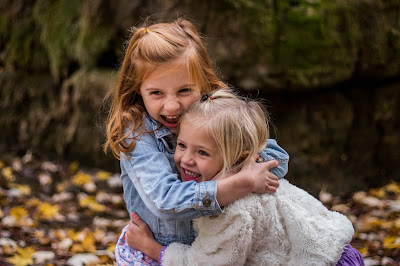
 **This publish comprise affiliate hyperlinks. Buying merchandise by these hyperlinks assist assist this weblog at no further value to you. Thanks!
**This publish comprise affiliate hyperlinks. Buying merchandise by these hyperlinks assist assist this weblog at no further value to you. Thanks!I’ve realized that there are days when I’m not a mannequin of kindness to my youngsters. How are they to study kindness and emotional intelligence with no good mannequin?
Nationwide analysis backs up this expertise. In a latest set of research, Harvard College discovered that
– whereas 96% of oldsters put kindness on the prime of the record of priorities to show their youngsters,
– 81% of the children mentioned they felt their mother and father valued achievement over kindness
– extra surprising: solely 20% of youngsters mentioned kindness was a prime precedence for them (most listed achievement or success extra extremely)
That is what we name the “rhetoric/actuality” hole…in different phrases, we’re speaking the speak however not strolling the stroll.
Once I first learn this I used to be shocked. However it did make me pause for a self-reflection too. Was I a part of this “rhetoric/actuality hole”? Did my youngsters know the way a lot we worth kindness?
Associated studying: Emotional Intelligence: Develop the “Delicate Abilities” Your Baby Will Want for Success in Life
How Do You Educate a Baby Emotional Intelligence?
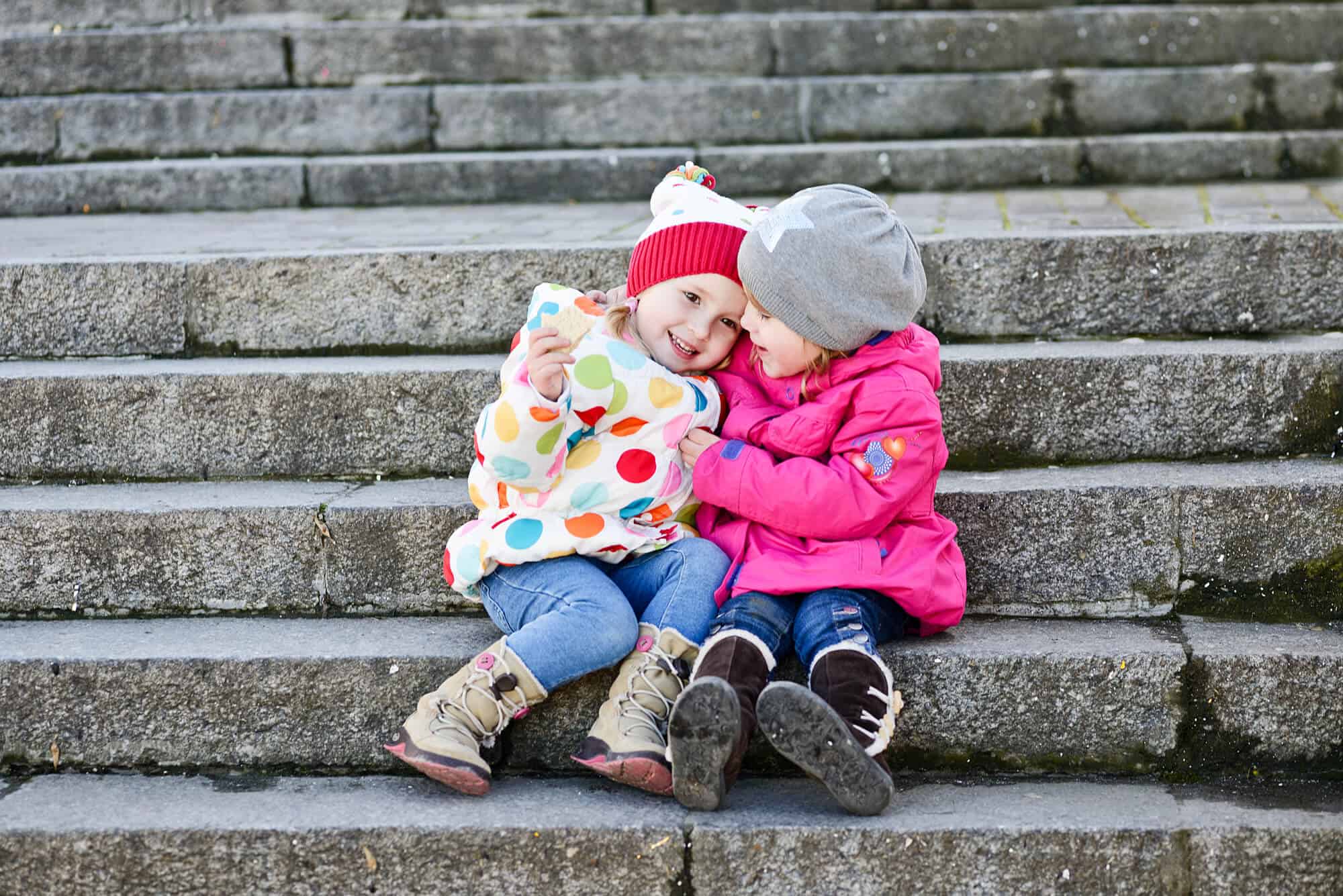

Previously 12 months or so, we now have began to actually be aware about kindness and caring in our family. Here’s what I’ve realized:
1. Children want lots of repetition
My husband is the politeness/manners mannequin in our household. This man by no means fails to say “thanks” to waitresses, clerks, or anybody who helps us out. We’ve been engaged on this with our sons for years and eventually this 12 months my 8-year-old is generally within the behavior of claiming “thanks” to helpers. Now, that is only a small factor, sure. This doesn’t make him a mannequin citizen in all methods. Nevertheless, it exhibits us how a lot repetition and reminding it actually takes for youths to study kindness habits like this.
What you are able to do:
As a substitute of merely reminding your little one, “what do we are saying” when given a present, problem them to think about what they love concerning the reward or assist them take into consideration how considerate that reward was (e.g, as a result of grandma knew you liked Spiderman, she received you Spiderman pajamas).
At shops or eating places, you’ll be able to remind youngsters to say “thanks” to servers but additionally problem your little one to truly use the server’s title (if they will learn title tags). How rather more private that “thanks” turns into once they use the particular person’s title!
2. Reflecting on sort acts
Ever discover an individual who was significantly useful or sort while you’re out working errands? Perhaps the crossing guard in school is cheery although it’s 30 levels outdoors. Or maybe a trainer who was very useful with a tough task. It has helped my sons see these acts of kindness if I make an effort to level them out. This actually helps them see kindness in motion. Throughout sure occasions of the 12 months like Valentine’s Day or Christmas, make some extent to write down playing cards or do considerate deeds for these “helpers” in your life.
What you are able to do:
Selling emotional intelligence for youths can imply doing hands-on acts of service. Make some cookies collectively and take them to a neighborhood police station or firehouse as a means of thanking the primary responders.
Encourage youngsters to write down private notes to academics on trainer appreciation days.
3. Assist them assume outdoors their very own field
At younger ages, youngsters are inherently self-centered. They don’t imply to be egocentric, they only don’t have the mind maturity to think about one other particular person’s viewpoint. As they attain elementary age and past, nevertheless, they acquire the power to empathize. As mother and father, we should always capitalize on this time. If you happen to see somebody hurting or in want, level it out to your youngsters (if age acceptable). Additionally, in the event that they let you know a few troublesome state of affairs in school (e.g., youngsters being imply or teasing), think about serving to the see how the sufferer feels in that state of affairs. These discussions all assist construct emotional intelligence in kids.
What you are able to do:
When watching motion pictures or studying books, ask your kids if the characters responded with kindness. Want concepts? Take a look at my record of books that foster kindness and emotional intelligence. If not, brainstorm concepts of how they may have reacted otherwise.
Play out potential situations at house. For instance, what are you able to do if a classmate is being teased; how do you reply if somebody teases you; what if a bunch of your pals are doing one thing you recognize is flawed? Enthusiastic about these troublesome conditions earlier than they occur will help youngsters reply extra simply and hopefully with extra kindness and empathy. These easy however intentional discussions could make all of the distinction in fostering emotional intelligence for youths.
In fact, essentially the most direct approach to increase a form little one is to be one of the best position mannequin we could be. This may be completed in on a regular basis methods or in additional intentional methods as properly.
Should learn: Social-Emotional Growth: The Final Information for Mother and father
Emotional Intelligence Actions
At younger ages, kids want hands-on methods to study kindness and empathy. Younger kids have restricted consideration spans, particularly for “classes” from mother and pa. Something we are able to do to educate kindness and empathy in enjoyable, hands-on methods will go a lot additional than lectures.
Associated Sources:
Reader Interactions
[ad_2]
Supply hyperlink
